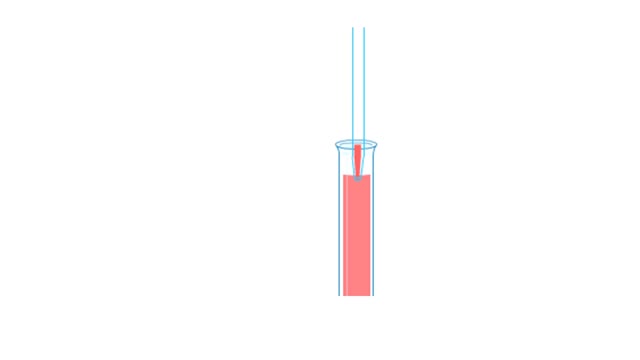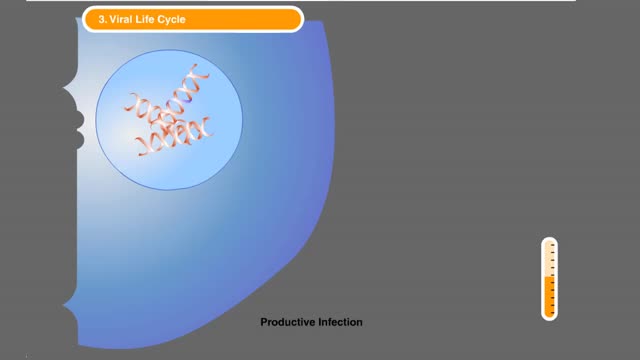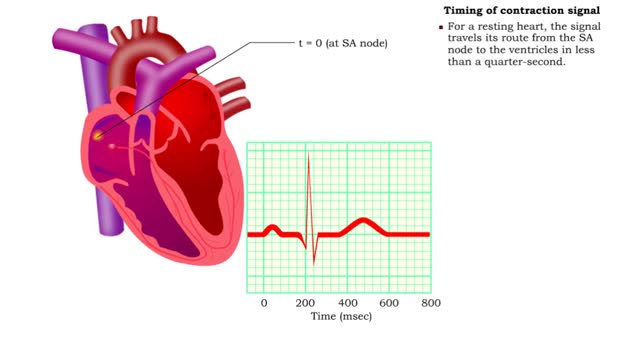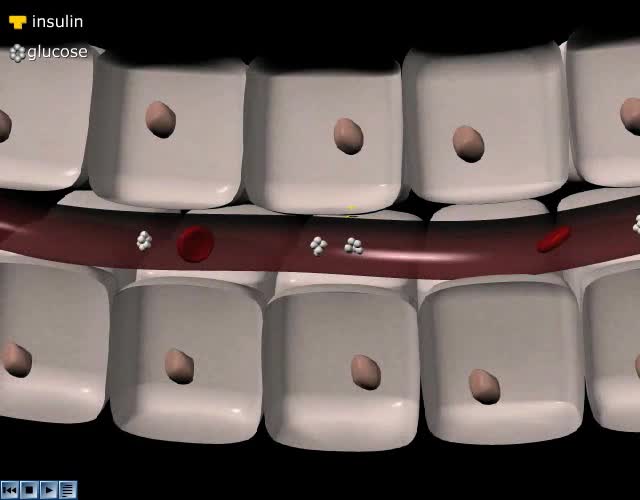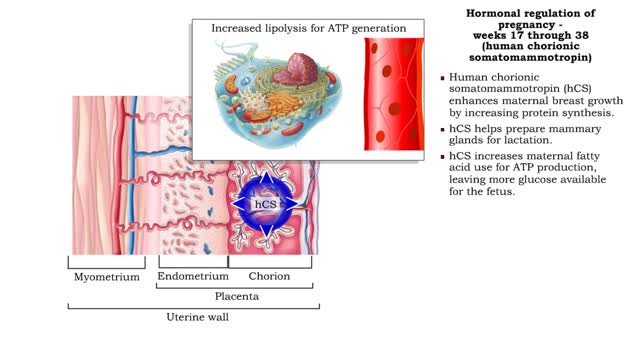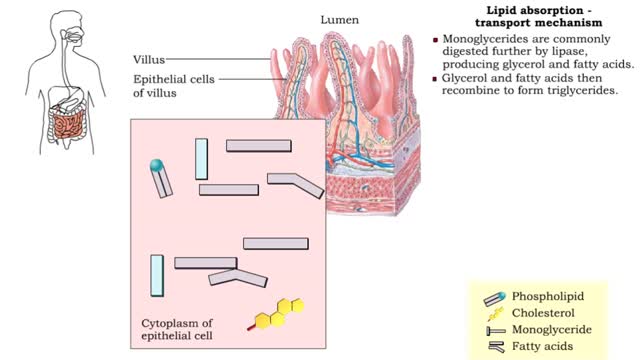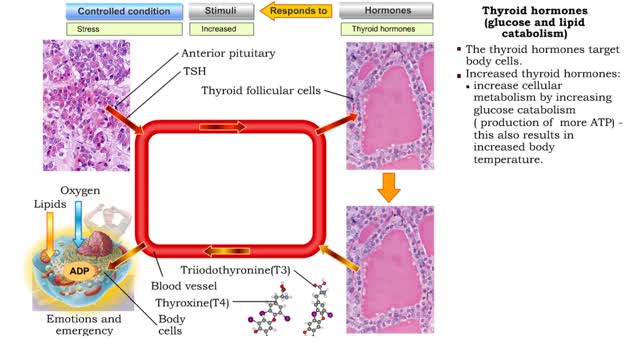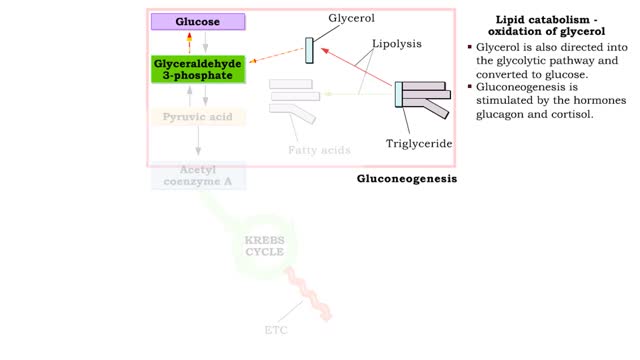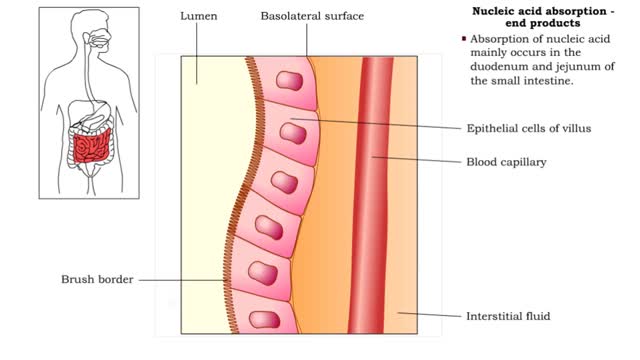Search Results
Results for: 'Blood hydrostatic pressure'
A Human Karyotype Preparation Animation
By: HWC, Views: 7797
Blood is collected from the person being analyzed. The blood is added to a growth medium that also contains a chemical that stimulates mitosis. The cells are allowed to grow in this medium for two or three days at body temperature. Colchicine is added to arrest cell division at metaphase. T...
HIV Infection: Viral life cycle
By: HWC, Views: 9942
The series of steps that HIV follows to multiply in the body. The process begins when HIV encounters a CD4 cell. The seven steps in the HIV life cycle are: 1) binding; 2) fusion; 3) reverse transcription; 4) integration; 5) replication; 6) assembly; and 7) budding. Many viruses f...
Coaductile pathway, Timing of contraction signal & Conduction system and ECG
By: HWC, Views: 10746
• When the system is healthy, the signal to contract the entire conduction system originates in the SA node - known as the heart's pacemaker. • The SA node triggers contraction because it depolarizes at a faster rate than other parts of the conduction system. • The wave of excitation fr...
By: Administrator, Views: 15153
Hyperglycemia means high (hyper) glucose (gly) in the blood (emia). Your body needs glucose to properly function. Your cells rely on glucose for energy. Hyperglycemia is a defining characteristic of diabetes—when the blood glucose level is too high because the body isn't properly using or doesn...
Hormonal regulation of pregnancy - weeks 17 through 38
By: HWC, Views: 10804
• Estrogens increase uterine blood flow, maintaining the endometrium during pregnancy. • High levels of estrogen and progesterone inhibit the synthesis of milk. Progesterone inhibits myometrial contractions of the uterus to prevent premature birth. • Relaxin inhibits myometrial contract...
Lipid absorption - end products & transport mechanism
By: HWC, Views: 10144
• The end products, fatty acids and monoglycerides, depend on bile salts for absorption. • Bile salts form micelles (tiny spheres), which ferry fatty acids and monoglycerides to epithelial cells. • Free fatty acids, monoglycerides, and some phospholipids and cholesterol molecules, dif...
hGH, Thyroid hormones & Aldosterone
By: HWC, Views: 10642
Glycogenolysis and lipolysis • Stressors stimulate production of a hypothalamic releasing hormone (GHRH). • The releasing hormone stimulates somatotroph cells of anterior pituitary to secrete human growth hormone. • Human growth hormone targets liver cells and fat cells. hGH (glycog...
Lipid catabolism ( ketogenesis and oxidation of glycerol) and Lipid anabolism (lipogenesis)
By: HWC, Views: 10870
• During excessive beta oxidation, the two-carbon fatty acid fragments are converted into acidic ketone bodies. • Ketosis, the overproduction of ketone bodies, can lead to acidosis (ketoacidosis) of the blood. • After lipolysis, glycerol is converted to pyruvic acid. • Pyruvic aci...
Nucleic acid digestion - brush border enzymes, end products & transport mechanism
By: HWC, Views: 10341
• Further digestion occurs at the microvilli (brush border) of the epithelial cells of the villi in the small intestine. • Two brush border enzymes complete nucleic acid digestion: • Phosphatases, which catalyze the cleavage of a phosphate to form a nucleoside (nitrogenous base and pent...
Advertisement



